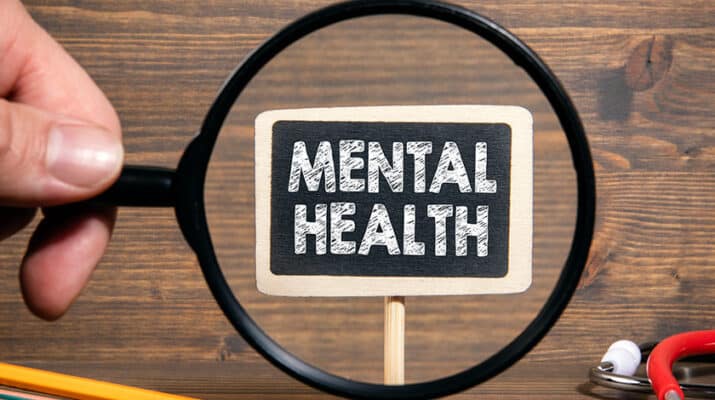By Deborah Jeanne Sergeant
Pandemic adjustments, economic difficulties, school violence, racial tension: a lot of big issues have caused some major upheavals in the lives of American families.
The stress from these challenges affects children’s mental health.
As they return to school, that additional stressor may cause some to manifest mental health issues.
Andrea Lighthouse represents the New York Association of School Psychologists. She believes that the pandemic has affected children’s ability to self-regulate their behavior.
“During the shutdown and subsequent year to year and a half, they didn’t have those typical social interactions with their peers,” she said. “Kids missed out on some important opportunities to navigate disagreements, experience reciprocation in play and navigate those social situations.”
These social “lessons” are not necessarily taught in the classroom but are taught on the playground, in the lunchroom and in the hallway. Younger children missed absorbing these behavioral and social “rules.” As a result, they may act inappropriately to social situations they encounter at school.
“A huge piece I’m seeing is the emotional impact too. Kids are struggling with managing frustration, persisting when things get tricky with academic tasks,” she said. “With school being interrupted, they missed those opportunities when things get hard. They missed some emotional regulation.”
As a result, Lighthouse said that teachers are more explicitly teaching these principles to their classes.
Current events can cause anxiety about returning to school. Fearing violence, bullying, or becoming ill from COVID-19 can cause some children to not want to attend school.
“School avoidance—if you catch it early—we can fix it quite quickly and easily,” Lighthouse said. “The longer it goes on, the harder it can be to turn around.”
It may seem like knowing all about a topic would help children feel safer. However, the opposite can happen. While sensible caution is warranted, children should not have so much information that they obsess over what could happen.
“As a parent, you have to figure out the most amount of information to give them they can manage,” Lighthouse said. “Always be honest and clear but not give them more information than what they can handle.”
It also helps for children to feel a sense of predictability with a printed schedule. Consistent bedtimes, mealtimes and other home routines help children know at least in part what to expect. Lighthouse also recommends children have sufficient “down time” for craft, free play, creativity, going outdoors and pleasure reading to “work through stressors they have,” she said.
“When school starts up, there’s a change in routine,” Lighthouse said. “It’s normal for kids to regress those first few weeks of school, as they might be more emotional. Recognize that can be normal. Schedule in time with your child to do something together, maybe 10 minutes playing a game or reading a book. Do something you enjoy together.”
She tells parents to let their children’s school know about any updates of stressors at home or other concerns a child may have and seek help from the school’s mental health professionals as needed.
Jasmine Thorpe, mental health counselor in private practice in Buffalo, said that anxiety and depression top the list of mental health issues children are facing because of current events.
“The more adults listen to kids’ feelings and experiences and engage with them on how they’re feeling, the better they’ll feel,” Thorpe said. “They’re more grounded.”
Validating their feelings also matters.
“Kids are trying to make sense of themselves, their bodies and the world,” Thorpe added. “Adults can shoo their emotions to the side, which can make them feel unseen and unheard. It helps, having adults and parents remember what it feels like to be 10 or 13 and add to that what it feels like to go through a pandemic.”
Elizabeth Woike-Ganga, licensed clinical social worker and president and CEO of BestSelf Behavioral Health in Buffalo said that a perception of lack of control often contributes to poor mental health, anxiety and depression.
“We want to encourage them to focus on what they have control of like physical activity, healthy friendships and self-care,” she said. “It is important that we as parents limit things that are outside of their control.”
Although your children can do little to affect global issues, they can improve their health by doing what they can to sleep well, eat a healthful diet, manage stress and connect with others.
Talking about what disturbs them may help, but “if it’s beyond something the parent can handle, reach out to the primary care provider or school counselor. If there are thoughts of hurting others or self-harm, get a crises provider involved right away.”

